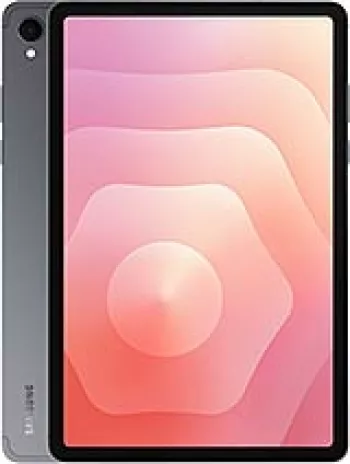
Introduction to Samsung X300
The Samsung X300 represents a classic example of mobile technology from the mid-2000s. Announced in February 2006 and now discontinued, this device highlights the simplicity and functionality that characterized mobile phones of its era. With its compact form factor and essential features, the X300 was designed to cater to users seeking straightforward communication capabilities without the complexities of modern smartphones.
Design and Build
At first glance, the Samsung X300 is notably compact, with dimensions of 85 x 43 x 22 mm and a weight of just 77 grams. This makes it highly portable and easy to slip into a pocket or purse. The design is reminiscent of the traditional 'candy bar' format, which was popular during the early 2000s. The phone came in several shades, including Light Silver, Modern Black, Black Silver, and Indian Pink, catering to various aesthetic preferences. It employs a Mini-SIM format, which was standard at the time.
Display
The display of the Samsung X300 is a 1.7-inch screen using UFB technology and supporting 65K colors. Although small by today’s standards, this screen offered reasonable clarity for the text and basic graphics necessary for navigating the phone's menu and viewing SMS messages. With a resolution of 128 x 160 pixels, the screen's density stands at approximately 121 pixels per inch.
Network Capabilities
The Samsung X300 operates on GSM technology and supports 2G bands including 900, 1800, and 1900 frequencies. It also features GPRS Class 10 for mobile data but does not support EDGE, limiting its data transfer capabilities by contemporary expectations. However, this was more than adequate for basic browsing and MMS services.
Memory and Storage
The internal memory of the Samsung X300 is modest, with 1.1MB of storage available for saving contacts and storing small data files. This storage is non-expandable due to the lack of a card slot. The phonebook can hold up to 500 entries, and it also maintains call records of the last 20 dialed, received, and missed calls.
Battery Life
This device is powered by a removable 800 mAh Li-Ion battery. The battery life is commendable, allowing up to 200 hours on standby and providing up to 3 hours of talk time, which was quite satisfactory for standard use cases during its time. The removable battery design also meant that users could easily swap batteries if additional power was needed during long trips.
Sound and Audio
For audio, the X300 features a loudspeaker and supports various alert types including vibration and polyphonic ringtones which users could download. However, it does not include a 3.5mm audio jack, aligning with the common design choices of feature phones from that period.
Communication Features
In terms of communication features, the Samsung X300 supports SMS, EMS, and MMS messaging. It includes an infrared port for data transfer between compatible devices, although it lacks Bluetooth and WLAN functionalities. The phone also includes a stereo FM radio, a popular feature among devices of its kind, which allowed users to listen to their favorite radio stations on the go.
Software and Features
Running on a feature phone operating system, the Samsung X300 comes with a basic WAP 1.2.1 browser, offering limited internet browsing capability geared towards light and text-based websites. It also supports Java MIDP 2.0, allowing some basic applications and games to be used on the phone.
In Conclusion
While the Samsung X300 might seem dated compared to today's smartphones, it played a significant role in the mobile market of its time. Its simple design, practical features, and reliable performance appealed to users wanting a straightforward communication tool without the additional features that technology affords today. For those interested in retro technology, or needing a basic mobile device for specific purposes, the Samsung X300 remains a fine example of the feature phone era’s offerings.
Key Features of Samsung X300
- Compact dimensions: 85 x 43 x 22 mm, with a lightweight design at 77 g.
- UFB display with 65K colors, size of 1.7 inches and a resolution of 128 x 160 pixels.
- Supports GSM 900/1800/1900 bands for network connectivity.
- Infrared port available for connectivity options.
- Stereo FM radio for entertainment on the go.
- Messaging options include SMS, EMS, and MMS.
- Java support with MIDP 2.0 for basic application use.
- Removable Li-Ion 800 mAh battery with standby up to 200 hours and talk time up to 3 hours.
- Available in multiple colors: Light Silver, Modern Black, Black Silver, and Indian Pink.
Samsung X300 Main Drawbacks
- Does not support EDGE for faster data speeds.
- Discontinued model, no longer available for purchase as new.
- Small display size of 1.7 inches with low resolution (128 x 160 pixels).
- No expandable memory option with no card slot available.
- Very limited internal storage of only 1.1MB.
- Lacks camera functionality.
- No 3.5mm headphone jack for audio.
- Missing modern connectivity options like Bluetooth and WLAN.
- Absence of GPS positioning feature.
- Does not support USB connectivity.
- Limited battery talk time of up to 3 hours.











View Also
More Phones
All Rights Reserved +14266 Phones © Mobilawy 2025

























